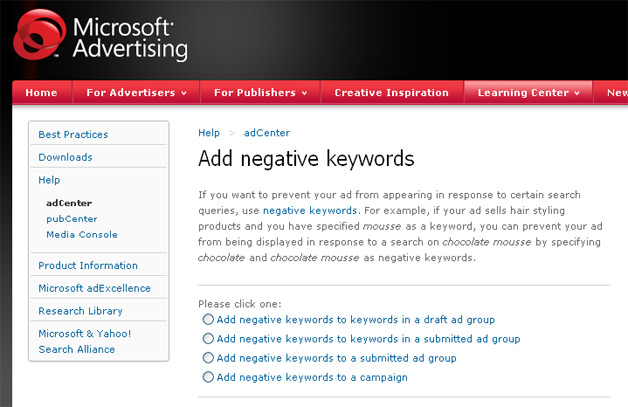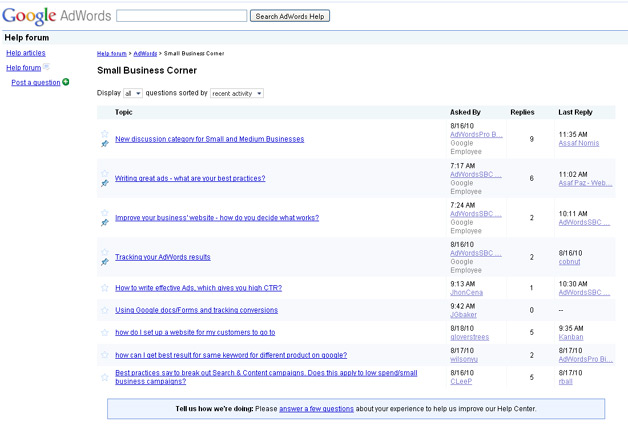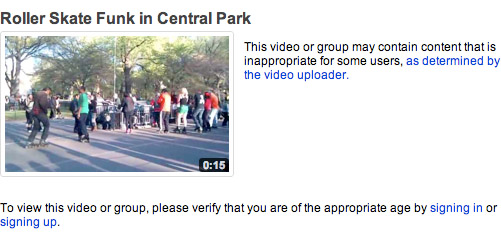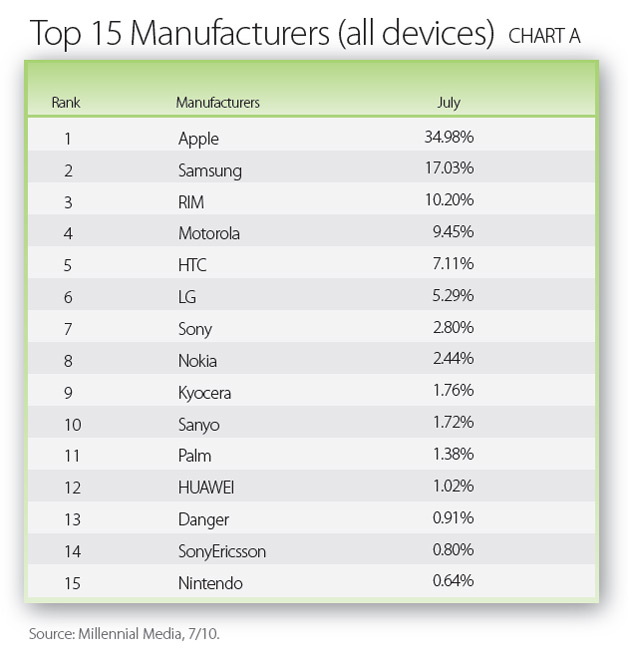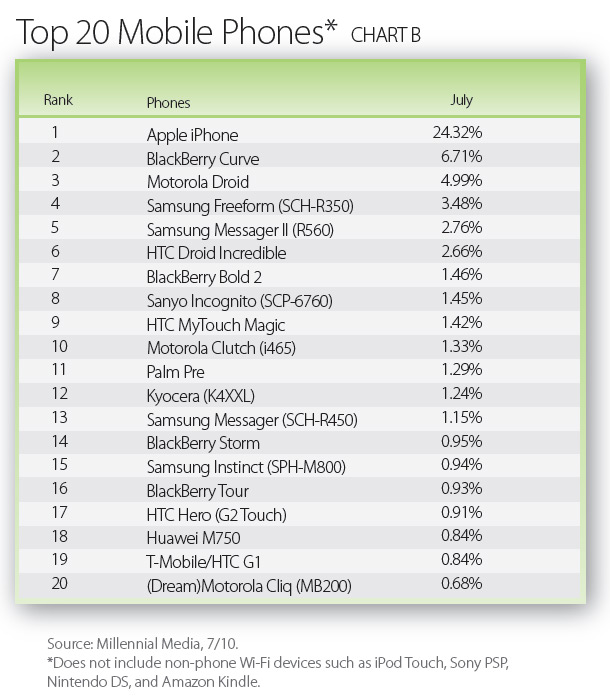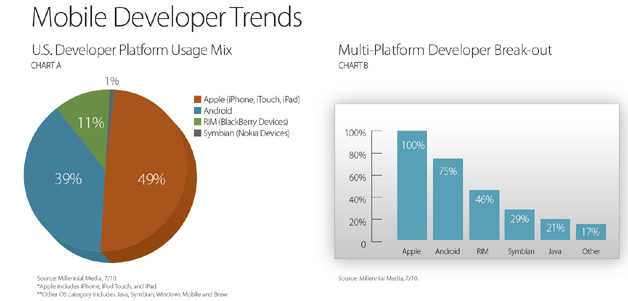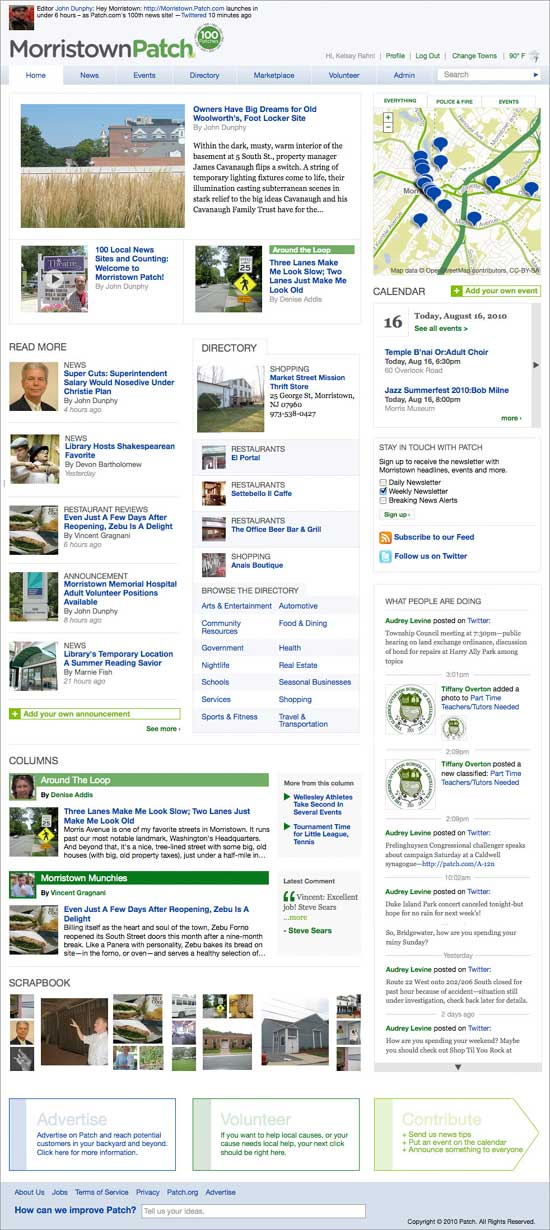It looks like MySpace’s dealings with Google aren’t over – or conclusively continued – just yet. Even though a search and advertising deal is set to expire today, a report’s indicated that the companies’ existing contract has been extended a short time while negotiations continue.
Sarah Rabil and Andy Fixmer wrote earlier this morning, "MySpace.com extended a search advertising contract with Google Inc. by one month as the News Corp.-owned social-networking website tries to secure a new agreement, according to two people with knowledge of the talks."
That may be a sign things are going well between the two organizations; it’s a little hard to imagine Google being so cooperative if Bing or Yahoo seemed to be MySpace’s first choice.
Or perhaps Google’s just trying to stay friendly with MySpace as it prepares its own social offering – the better to attract users and/or gang up on Facebook.
 Regardless, Rabil and Fixmer noted, "News Corp. Chief Operating Officer Chase Carey said on Aug. 4 that MySpace was ‘actively engaged’ in reaching a new search ad deal, which will likely be worth less than the expiring Google contract. The new agreement will be performance based, Carey said."
Regardless, Rabil and Fixmer noted, "News Corp. Chief Operating Officer Chase Carey said on Aug. 4 that MySpace was ‘actively engaged’ in reaching a new search ad deal, which will likely be worth less than the expiring Google contract. The new agreement will be performance based, Carey said."
It should be interesting to see if something gets hammered out before the end of September.

 "Promoted Tweets are a way of getting interesting and contextually-relevant information to an ever wider audience on Twitter and making investors aware of the unique insights of online financial communities like our own ZeccoShare with 300,000+ members," he says. "The majority of our tweets focus on financial market commentary, and we also give our audience information on things like new posts on the ZeccoPulse blog, ‘Most Traded’ indicators from the ZeccoShare community and free trade promotions."
"Promoted Tweets are a way of getting interesting and contextually-relevant information to an ever wider audience on Twitter and making investors aware of the unique insights of online financial communities like our own ZeccoShare with 300,000+ members," he says. "The majority of our tweets focus on financial market commentary, and we also give our audience information on things like new posts on the ZeccoPulse blog, ‘Most Traded’ indicators from the ZeccoShare community and free trade promotions."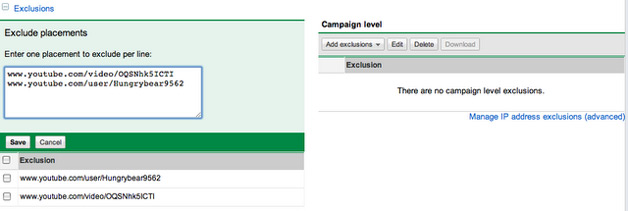
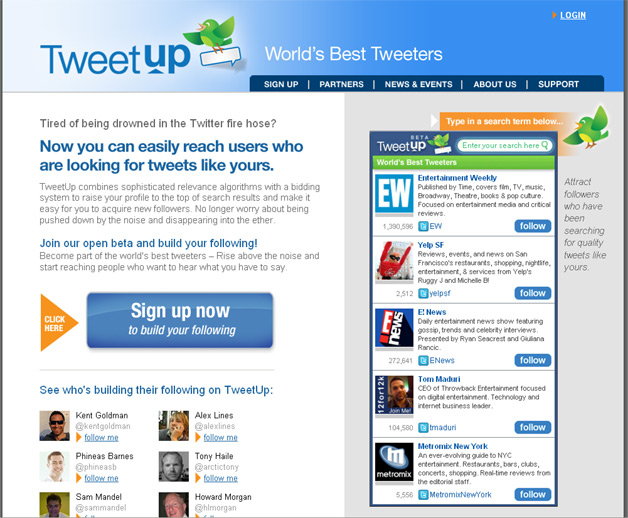
 “Companies, including public relations firms involved in online marketing need to abide by long-held principles of truth in advertising,” said Mary Engle, Director of the
“Companies, including public relations firms involved in online marketing need to abide by long-held principles of truth in advertising,” said Mary Engle, Director of the 
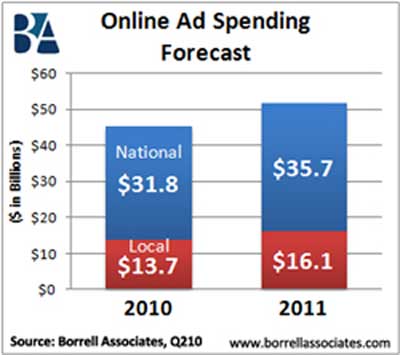
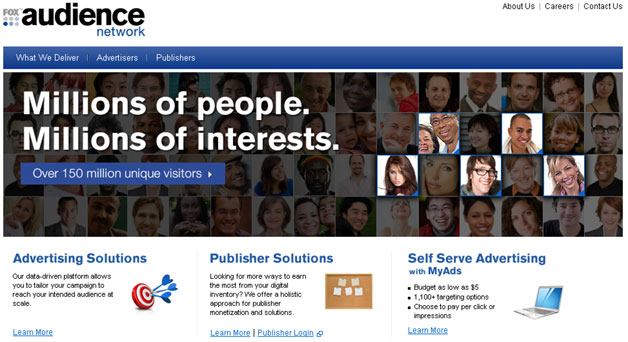

 Setting category blocking can be done from the Ad Review Center in your AdSense account. This can be found in the AdSense Setup tab.
Setting category blocking can be done from the Ad Review Center in your AdSense account. This can be found in the AdSense Setup tab.  "FM’s home-grown technology platform is largely an untold story," said John Battelle, founder, chairman and CEO of Federated Media. "Over the past five years, our technology team has built an extraordinary platform that drives our business and keeps us on the edge of innovation in media. TextDigger provides us with a complementary technology that will build upon the work our team began back in 2005. Expect to hear more from FM with regard to media and marketing technology solutions."
"FM’s home-grown technology platform is largely an untold story," said John Battelle, founder, chairman and CEO of Federated Media. "Over the past five years, our technology team has built an extraordinary platform that drives our business and keeps us on the edge of innovation in media. TextDigger provides us with a complementary technology that will build upon the work our team began back in 2005. Expect to hear more from FM with regard to media and marketing technology solutions."
